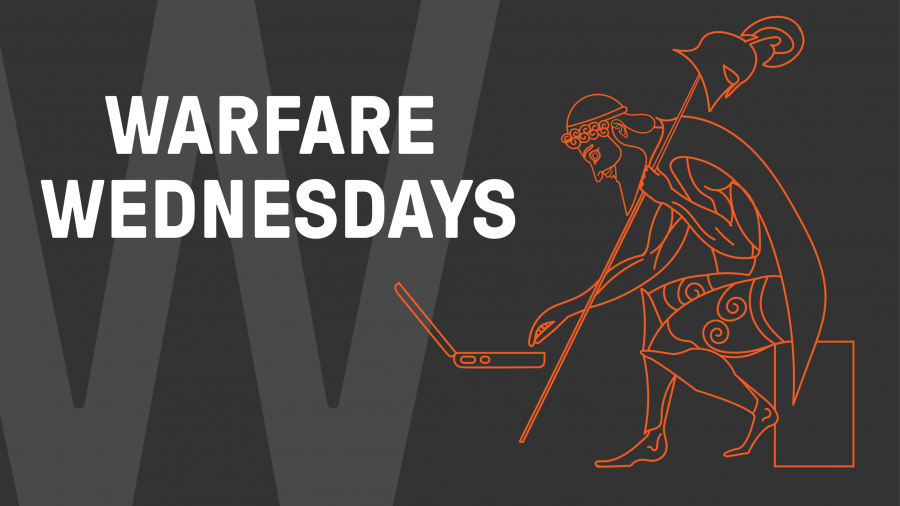
Video games have become one of the most popular pastimes, especially amongst children and young adults. Within this genre, history has become an important setting for games of all types. Strategy games have become an incredibly popular type, with franchises such as Total War and Civilization being remade through many iterations with ever-growing player bases. Greek warfare, in one way or another, is often present in these. But, what do game designers present as ‘Greek warfare’? How do they portray it and what governs their choices? These are difficult questions to answer, but in his talk Josh will provide a broad overview of their possible answers. To do this, he will look at the presence of ‘Greek warfare’ in games at two levels: battlefield and cultural.
The first of these will be an examination of the military units associated with the Greeks and their use in the combat system of the games. Predictably, the hoplite is the most commonly associated unit for Greek civilizations in video games. But, their use and usefulness varies. The second level of discussion will look at how Greek cultural responses to warfare are represented in video games. Contrasting representations abound, such as Gorgo’s militaristic Sparta juxtaposed with Pericles’ intellectual Athens in Civilization VI require careful dissection. Battlefield and cultural representations of ‘Greek warfare’ in video games, as Josh will conclude, on the one hand follow popular representations (such as 300), but on the other are at least loosely influenced by accounts of ancient historians.
More information on the webinar series main page.
Photo credit: J. M. Harrington (Nefasdicere at en.wikipedia.org), licensed under the CC Attribution 2.5 Generic license.
